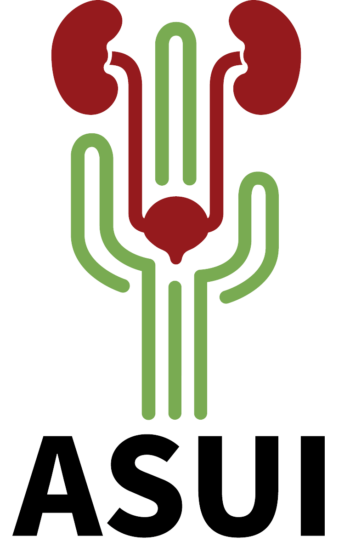The physicians of ASUI have been treating men that are suffering from symptoms associated with Benign Prostatic Hyperplasia, or BPH. with the UroLift? System, a proven, minimally invasive technology, since 2016.
The physicians state that: The UroLift? System preserves sexual function which is important to men and their partners. Patients like, that they can have the treatment done in the office, in under an hour, with local anesthesia. And best of all, they experience rapid symptom relief and return to normal routines quickly,
Nearly 40 million men in the United States are affected by BPH. Not to be confused with prostate cancer, BPH occurs when the prostate gland that surrounds the male urethra becomes enlarged with advancing age and begins to obstruct the urinary system. Symptoms of BPH often include interrupted sleep and urinary problems, and can cause loss of productivity, depression and decreased quality of life.
Five-year data from a randomized study shows the UroLift System offers not only rapid improvement, but also durable relief for patients with BPH. After five years, patients treated with the UroLift System continue to experience symptom relief with minimal side effects, with few patients requiring additional treatment for relief. A second randomized clinical trial called BPH6 demonstrated that the minimally invasive UroLift System compares very well to the reference standard surgery, transurethral resection of the prostate (TURP), with regard to efficacy, and is superior to TURP at preserving sexual function and offering a more rapid recovery.
Medication is often the first-line therapy for enlarged prostate, but relief can be inadequate and temporary. Side effects of medication treatment can include sexual dysfunction, dizziness and headaches, prompting many patients to quit using the drugs. For these patients, the classic alternative is surgery that cuts, heats or removes prostate tissue to open the blocked urethra. While current surgical options can be very effective in relieving symptoms, they can also leave patients with permanent side effects such as urinary incontinence, erectile dysfunction and retrograde ejaculation.
To schedule a consultation with the physicians of ASUI, please call Arizona State Urological Institute at (480) 394-0200.
